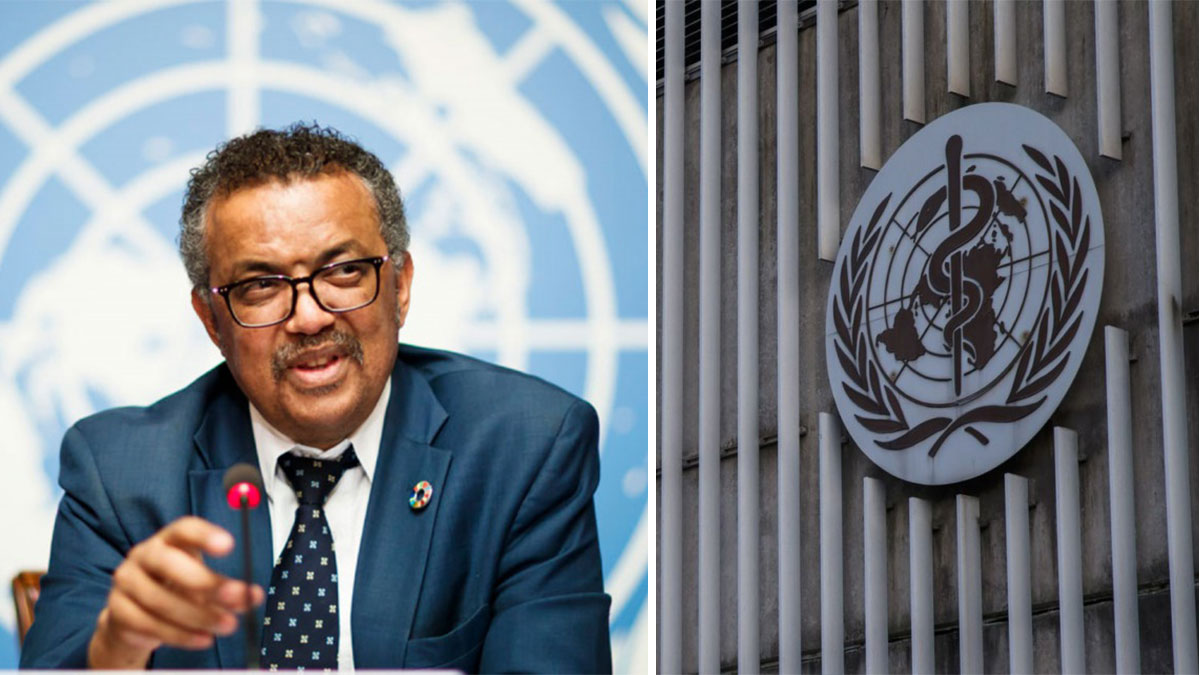The tourism industry is currently experiencing troubling vibrations as the World Health Organization (WHO) has called for preparedness for a possible new wave of COVID-19. The warning has raised fears of future travel restrictions and restrictions. In light of this situation, travelers are advised to stay vigilant for updates and take precautions when planning their trips.
The main threat now is associated with the subspecies of coronavirus BA.2.86, which has received the name “Pirola”. Some virologists call it a super mutant and believe it has the potential to become an international epidemic. WHO and epidemic control agencies in different countries are closely monitoring this new variant of the COVID-19 virus as it contains 35 mutations in the Spike protein and may be more contagious.
There has already been an increase in the number of coronavirus infections and hospitalizations in the United States, Europe, and Asia. However, the incidence rate is still lower than in previous waves. However, the simultaneous spread of the virus in different parts of the world is causing concern among experts, and questions are being raised about its ability to spread internationally.
Additionally, COVID-19 may undergo seasonal changes, becoming more active during certain times of the year, such as fall, winter, and spring. This could trigger new outbreaks and waves of infection, which will likely lead to new restrictions such as border closures, quarantine measures, and vaccination requirements. This could significantly hamper or temporarily halt international tourism, as has happened in the past. Despite the concerns, some research in the US suggests the new Pirola variant may not be as dangerous as first thought, but monitoring and research into the virus continues.
It is important to note that antibodies formed after vaccination or past infection remain effective against the new Pirola variant. Moderna and Pfizer are already working on updated versions of their vaccines to improve protection against the variant.

